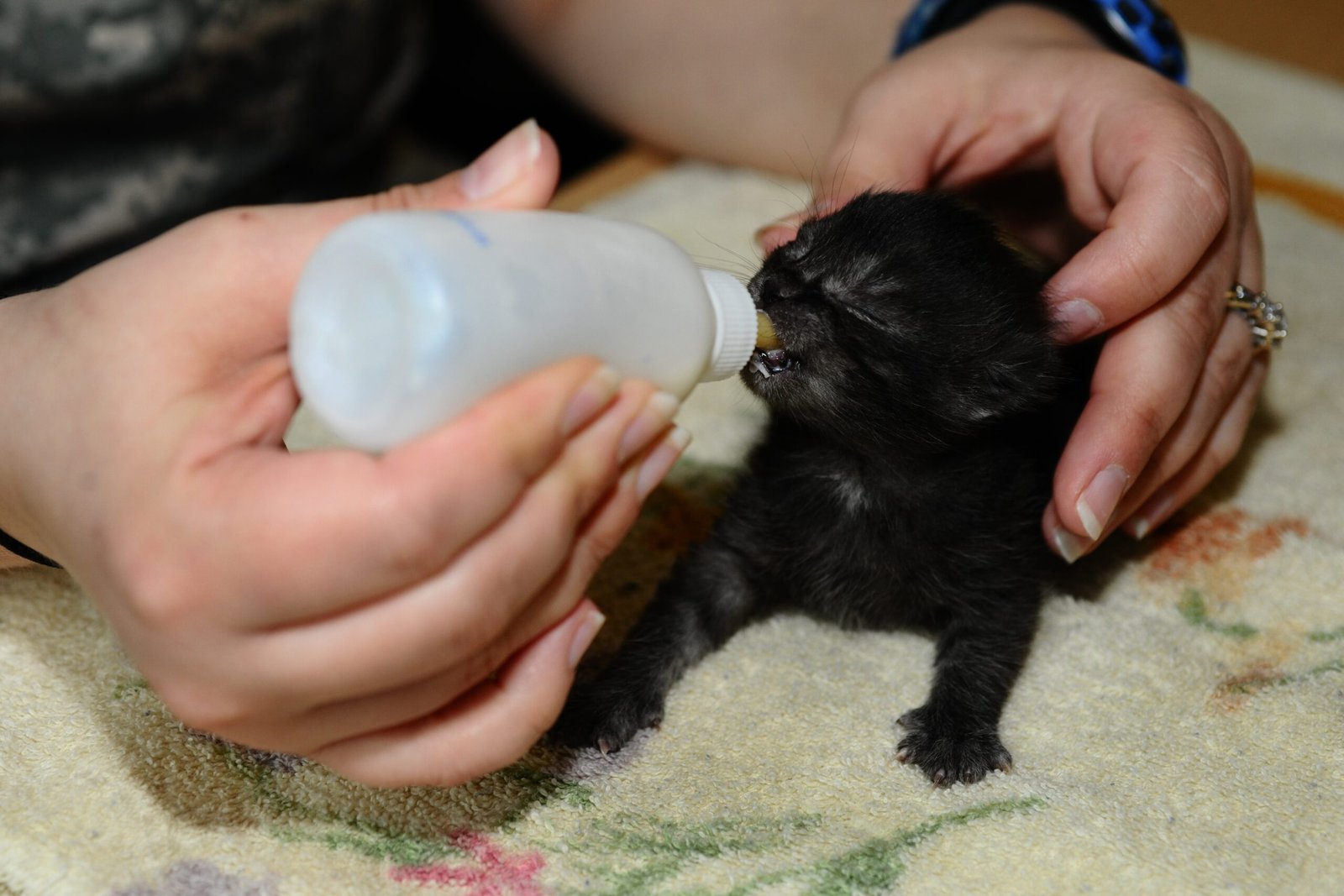Have you ever held a newborn kitten in your hands and felt that tiny, fragile heartbeat? It’s enough to melt even the coldest heart! These little bundles of fur rely on us completely for their survival, and caring for them is a mix of heartwarming moments, hilarious mishaps, and a little bit of stress. If you’ve just welcomed a newborn kitten into your life (or you’re preparing for the adventure), get ready for an experience that will tug at your heartstrings and keep you on your toes. Here’s how to make sure your baby feline gets the best possible start in life—let’s dive into the must-know tips for raising a healthy, happy kitten!
Prepare a Cozy, Safe Nest
Newborn kittens are all about comfort and safety—think of them as tiny royalty! Before anything else, create a warm, soft nest for your kitten in a quiet spot away from drafts and noisy household commotion. A cardboard box lined with soft blankets or towels works wonders. Make sure the sides are high enough to keep the kitten from wandering but low enough for easy access. Keep the bedding clean and dry because kittens are surprisingly messy for their size. Place the nest somewhere away from curious pets or young children. This cozy retreat helps the kitten feel secure and protected, just like they would with their mother.
Keep Them Warm—Always!
Kittens can’t regulate their body temperature for the first few weeks, so keeping them warm is absolutely crucial. A chilled kitten can become dangerously ill in a matter of hours. Use a heating pad set on low, wrapped in a towel, or a warm water bottle tucked under the bedding (never leave it directly touching the kitten). Check the nest’s temperature often; it should feel comfortably warm, not hot. Remember, if you’re chilly, your kitten is probably freezing! Keep their environment between 85–90°F (29–32°C) during the first week and slowly decrease it as they grow. Warmth is literally a lifesaver for these tiny creatures.
Feed the Right Formula—Not Cow’s Milk!
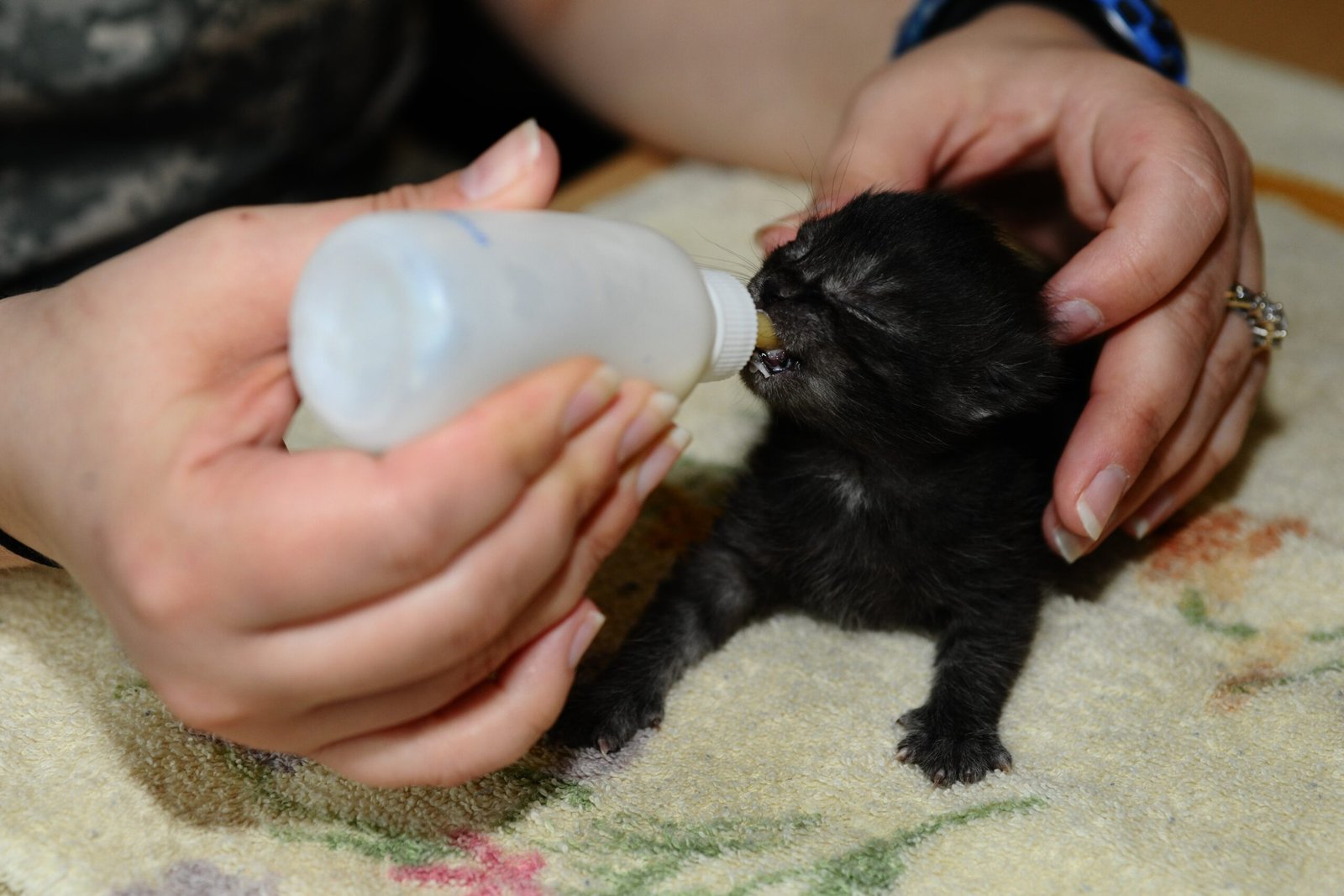
It’s a common mistake to reach for cow’s milk, but that can actually make kittens very sick. Instead, use a kitten milk replacer (KMR) formula, which you can find at pet stores. Mix and serve it according to the instructions—it should be warm, not hot. Use a special kitten bottle or a small syringe for feeding. Newborn kittens eat every 2–3 hours, even during the night, so set your alarm and get ready for some sleepless nights. The effort is worth it—watching a kitten nurse and fill its tiny tummy is one of life’s sweetest moments!
Feed With Patience and Proper Technique
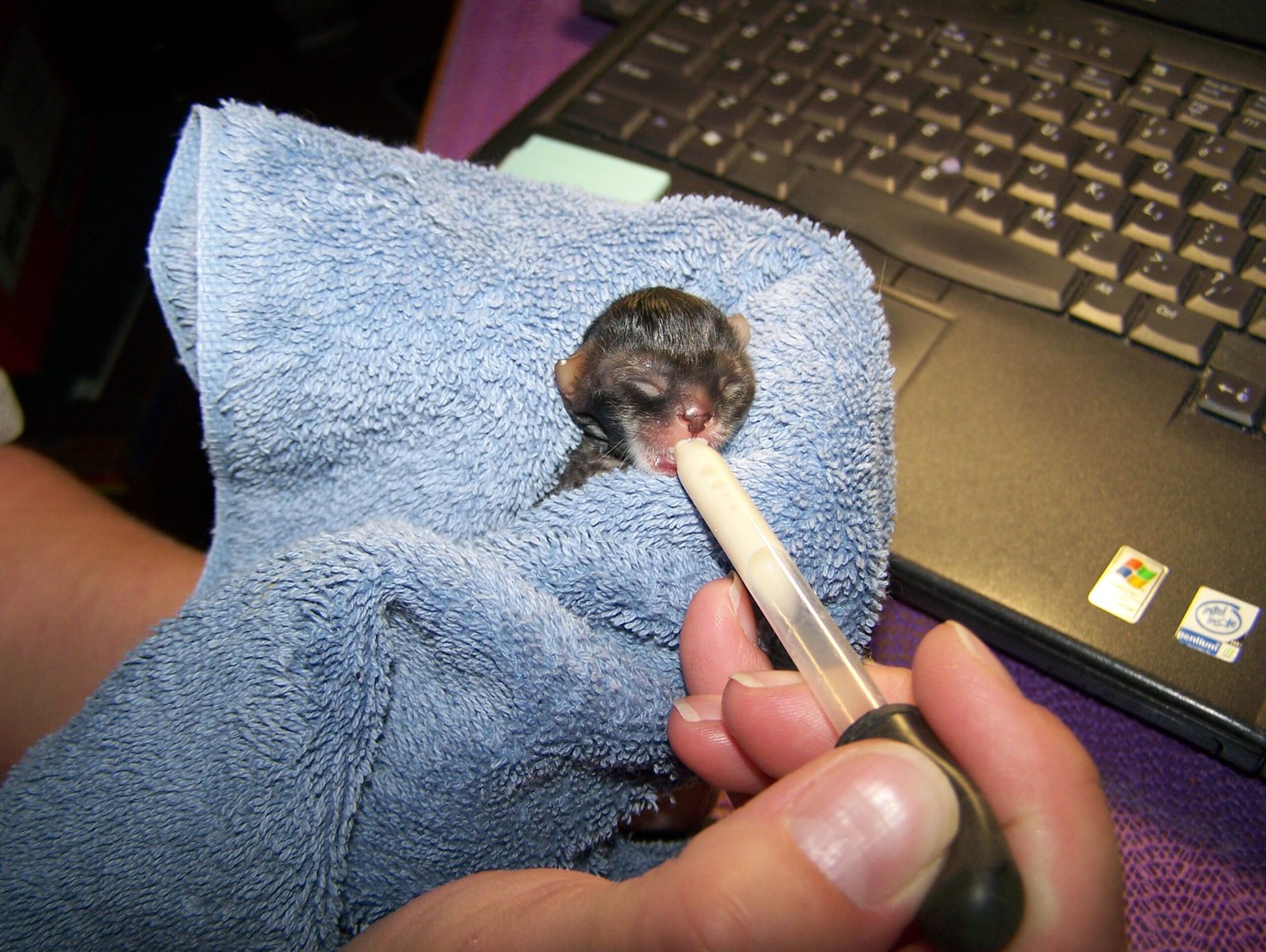
Feeding a newborn kitten isn’t always easy—they’re squirmy, sometimes fussy, and they need to be held in a specific way. Never feed a kitten on its back; instead, position them belly-down, like they would nurse from their mom. Gently place the bottle’s nipple in their mouth and let them suckle at their own pace. If the kitten isn’t latching, try gently rubbing the bottle on their lips or offer a drop of formula. Don’t force-feed or squeeze the bottle too hard. Watch for milk bubbling from their nose or mouth—if you see this, stop and let them recover. Feeding time is messy but adorable, so keep a towel handy and enjoy the bonding!
Help Them Go Potty—Yes, Really!
Kittens can’t urinate or defecate on their own for the first few weeks. After every feeding, use a soft, damp cotton ball or tissue to gently rub the kitten’s belly and rear area. This stimulates them to go potty, just like their mother would do by licking. It might seem odd, but it’s totally natural and very important! Keep an eye on what comes out—healthy kitten poop is soft but not runny. Clean up messes promptly to keep the nest sanitary. Once your kitten is about three weeks old, you can slowly introduce a shallow litter tray.
Watch for Signs of Illness
Kittens are delicate, and sometimes things go wrong quickly. Watch for warning signs like lethargy, lack of appetite, diarrhea, vomiting, trouble breathing, or cold ears and paws. If you notice any of these, don’t wait—contact a vet immediately. It’s better to be overly cautious than to risk your kitten’s health. Newborn kittens are particularly vulnerable to infections and dehydration, so quick action can be the difference between life and loss. Trust your gut; if something feels off, it’s time for a checkup.
Socialize With Gentle Touch and Sound
Newborn kittens are learning about the world and need gentle, positive interactions to grow into friendly, confident cats. Handle your kitten with clean hands and soft voices. Stroke their head and back, talk to them sweetly, and let them get used to the sound of your voice. This early bonding helps them trust humans and reduces fear as they grow up. But don’t overdo it—tiny kittens need lots of sleep, so keep cuddles short and sweet at first. The more positive experiences your kitten has, the more loving and relaxed they’ll be later on.
Keep Everything Spotlessly Clean
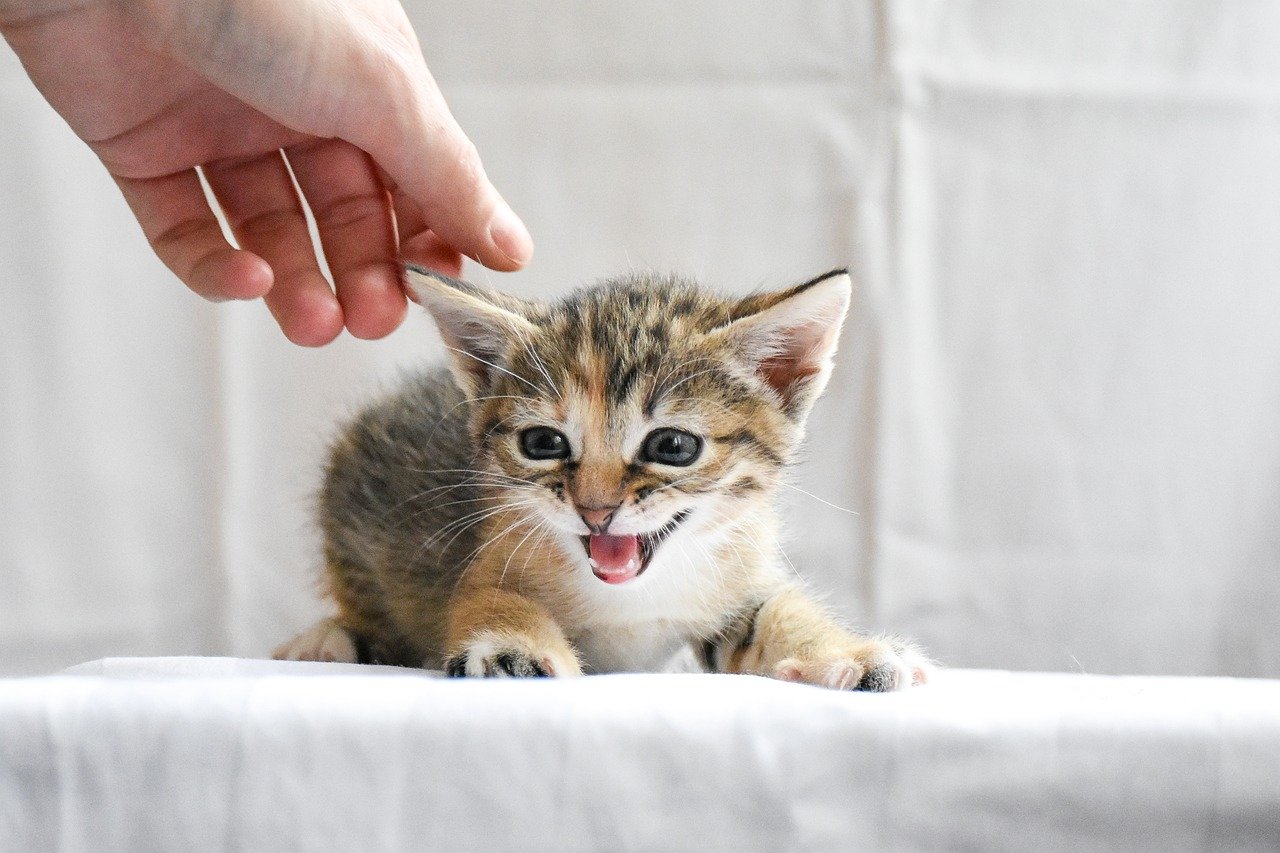
Cleanliness is more than just a courtesy—it’s essential for a newborn kitten’s health. Wash your hands before and after handling the kitten, and change bedding daily (or whenever it’s soiled). Clean bottles, nipples, and any feeding equipment thoroughly after each use, using hot soapy water or sterilizing them if possible. Germs can spread quickly among kittens, so don’t take shortcuts. A clean environment helps prevent illness, keeps your kitten comfortable, and makes your home smell a whole lot better!
Visit the Vet for a Health Check
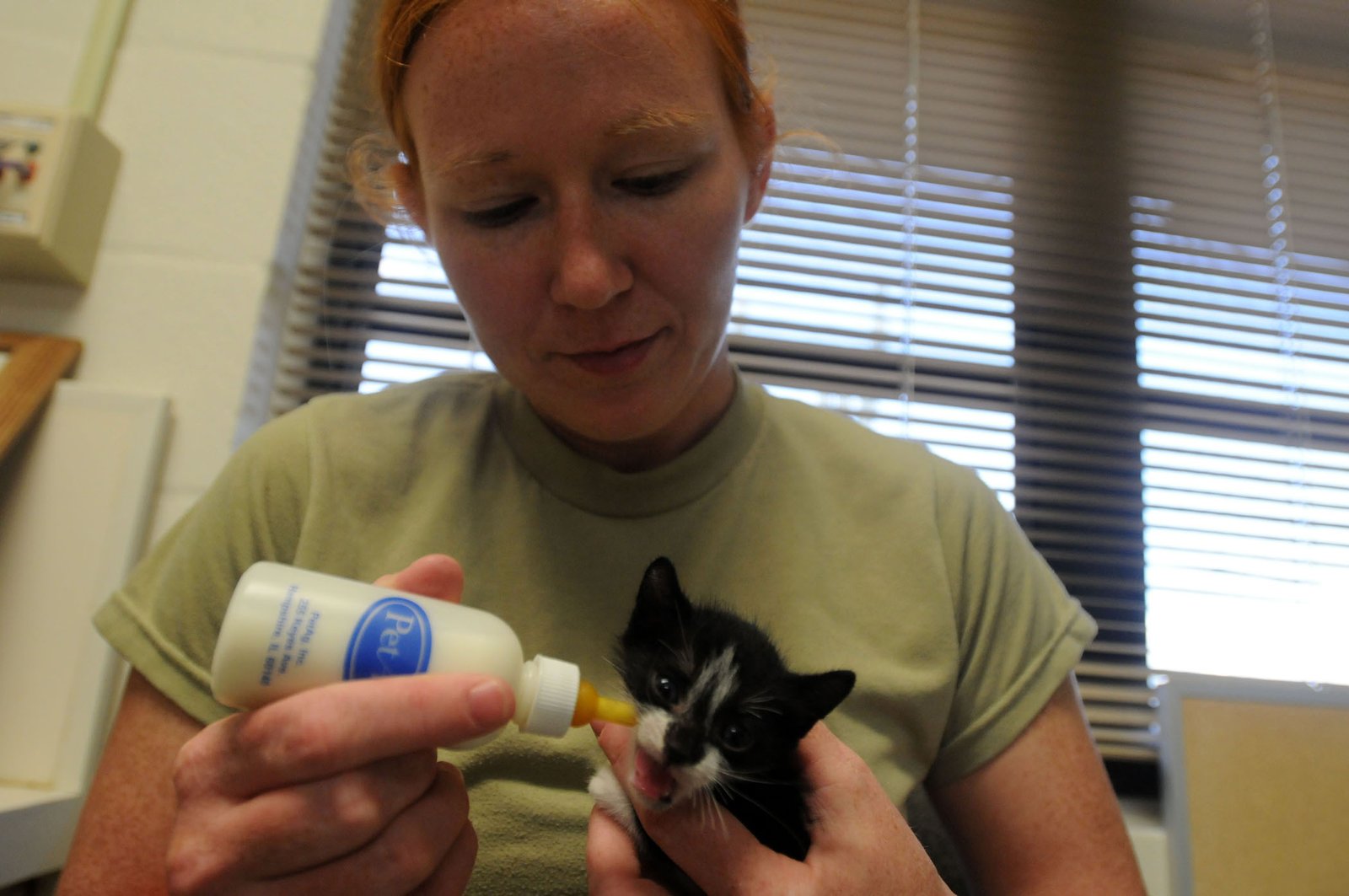
Even if your kitten seems healthy, an early vet visit is a must. The vet will check for birth defects, parasites, and other hidden health issues. They’ll also provide advice on feeding, weaning, and vaccinations. Bring a list of questions—no concern is too small when it comes to a newborn! Your vet will be your partner in raising a healthy kitten, so build a good relationship from the start. Regular checkups are the best way to catch problems early and keep your kitten thriving.
Transition to Solid Food Gradually
At around four weeks old, your kitten will be ready for the next big step: solid food! Start by mixing wet kitten food with a little formula to create a soupy mush. Offer it in a shallow dish and let your kitten explore—it might get messy, but that’s part of the fun. Over the next couple of weeks, reduce the formula and increase the food’s thickness. By eight weeks, most kittens can eat solid food like little champs. Take it slow, be patient, and celebrate every milestone—your tiny baby is growing up!

